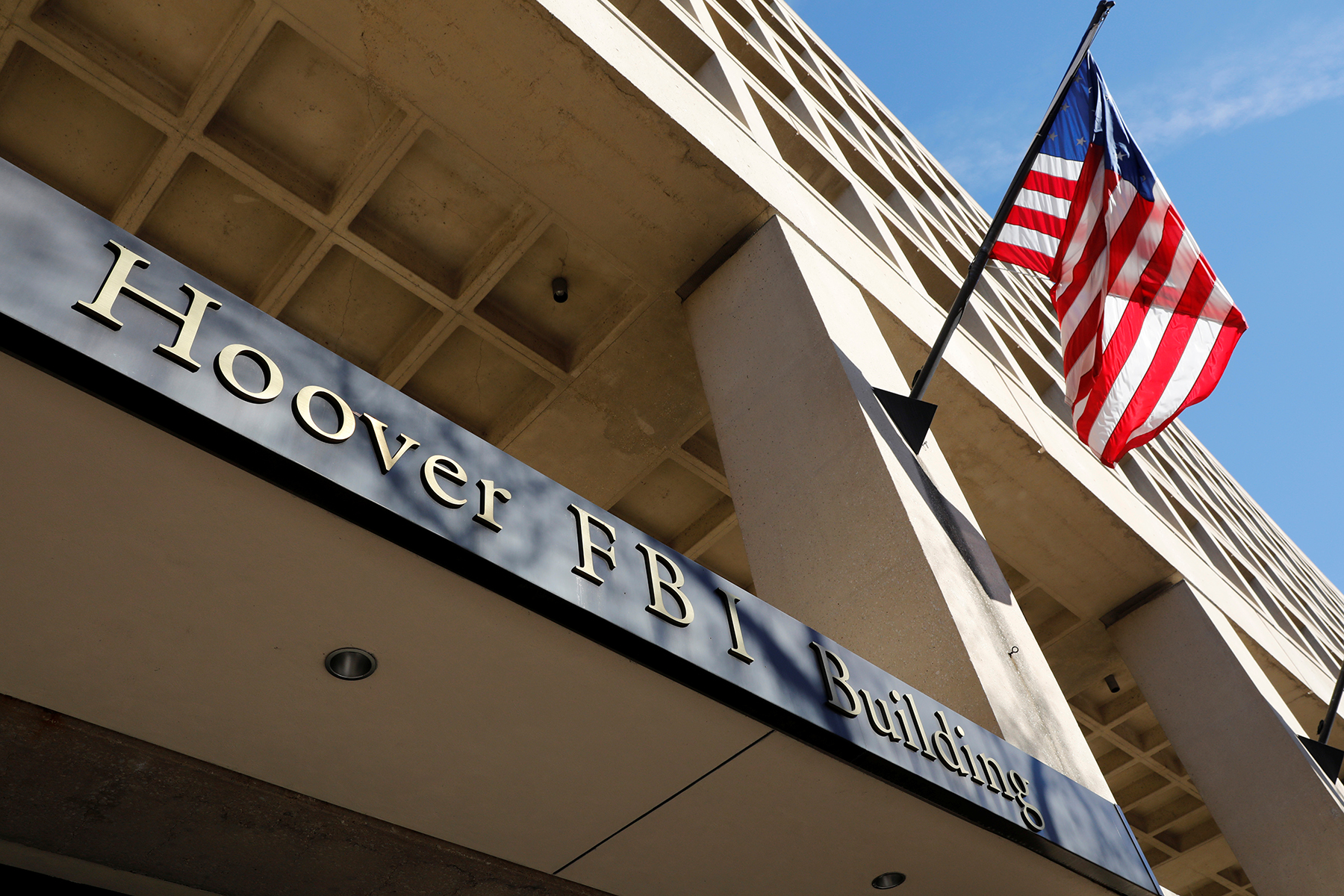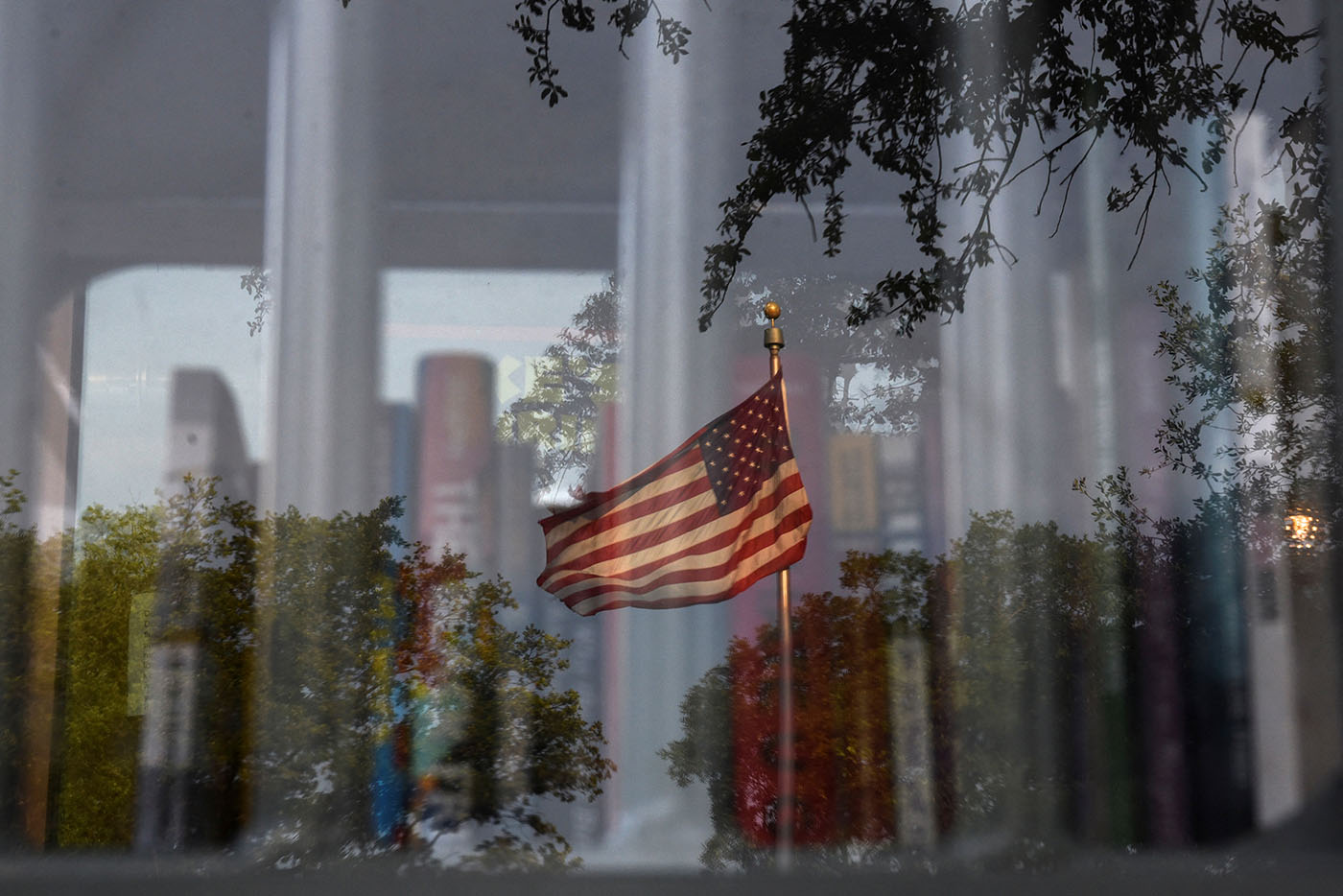Update: On November 5th, the University of Florida reversed its position and said that three professors can testify in a lawsuit that challenges Florida’s new voting law.
The University of Florida has blocked three political science professors from testifying in a lawsuit challenging the state’s new voting law.
Florida’s new voting law places restrictions on drop boxes and mail in ballots, and has been roundly criticized by Democrats as a blatant attempt to restrict voting by the eldery, disabled individuals, and minorities.
The professors had been hired as expert witnesses by groups opposing the voting law, and university officials contend that allowing the professors to testify is “adverse to U.F.’s interest.”
A university spokesperson told The New York Times that the school “denied requests of these full-time employees to undertake outside paid work that is adverse to the university’s interests as a state of Florida institution.”
It should be noted, however, that the University of Florida routinely allows professors to offer expert testimony in lawsuits. The recent prohibition, critics contend, is politically motivated because the new voting law came at the behest of Florida’s Republican governor, Ron DeSantis. DeSantis has a close relationship with Morteza Hosseini, the university’s head of the board of trustees who is also a major GOP donor and a DeSantis adviser.
“Faculty at public universities have a well-established First Amendment right to speak as citizens on matters of public concern. That right is in no way dependent on the political interests of their institution or whoever happens to hold the reins of state power,” said Aaron Terr, a program officer in the individual rights defense program and public records at Foundation for Individual Rights in Education (FIRE)
“The University of Florida has no authority to silence expression, including testimony in court, merely because it might upset government officials or somehow be ‘adverse’ to the university’s interests. That flies in the face of the First Amendment’s protection of the right to dissent and professors’ scholarly independence,” Terr added.
Tags




